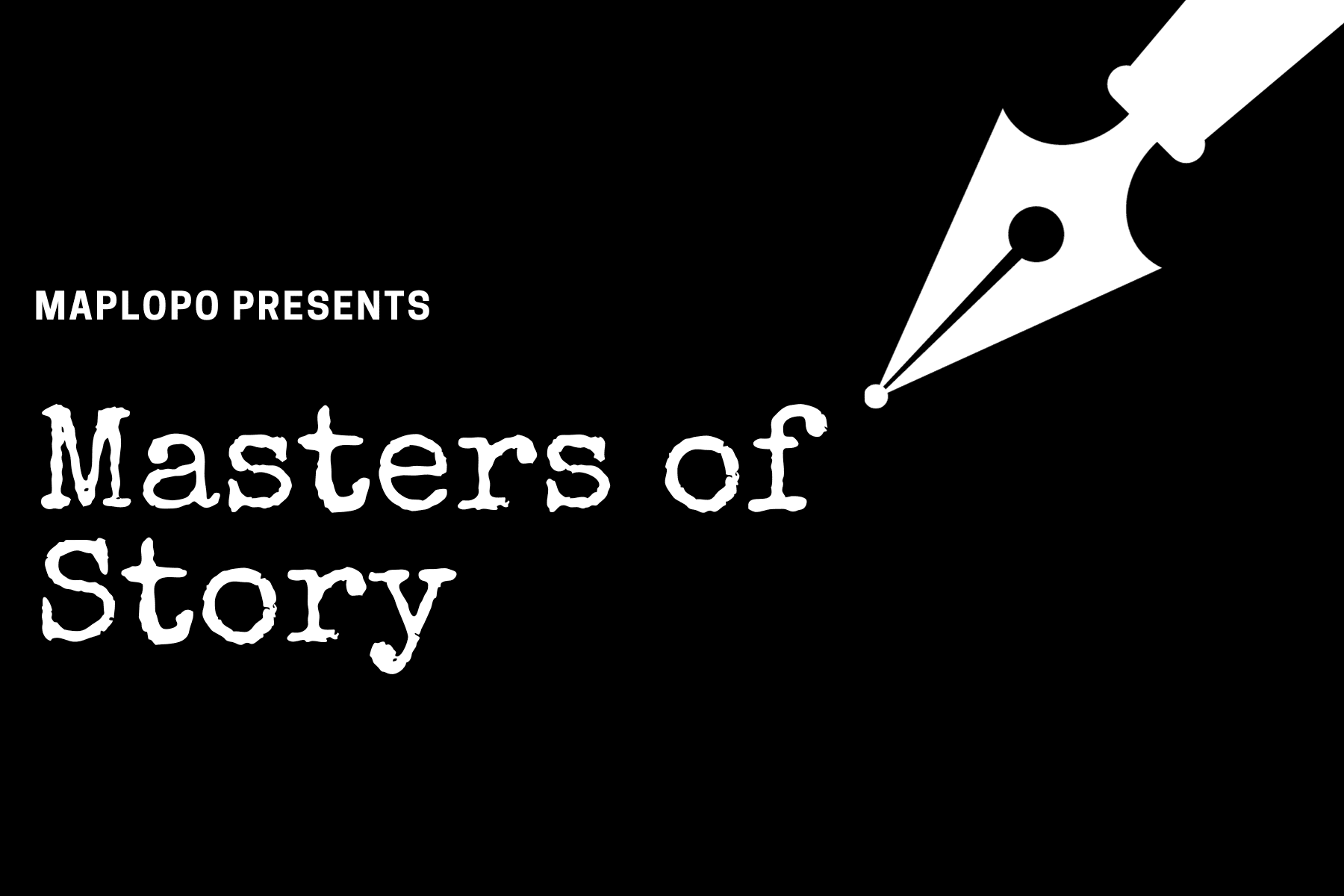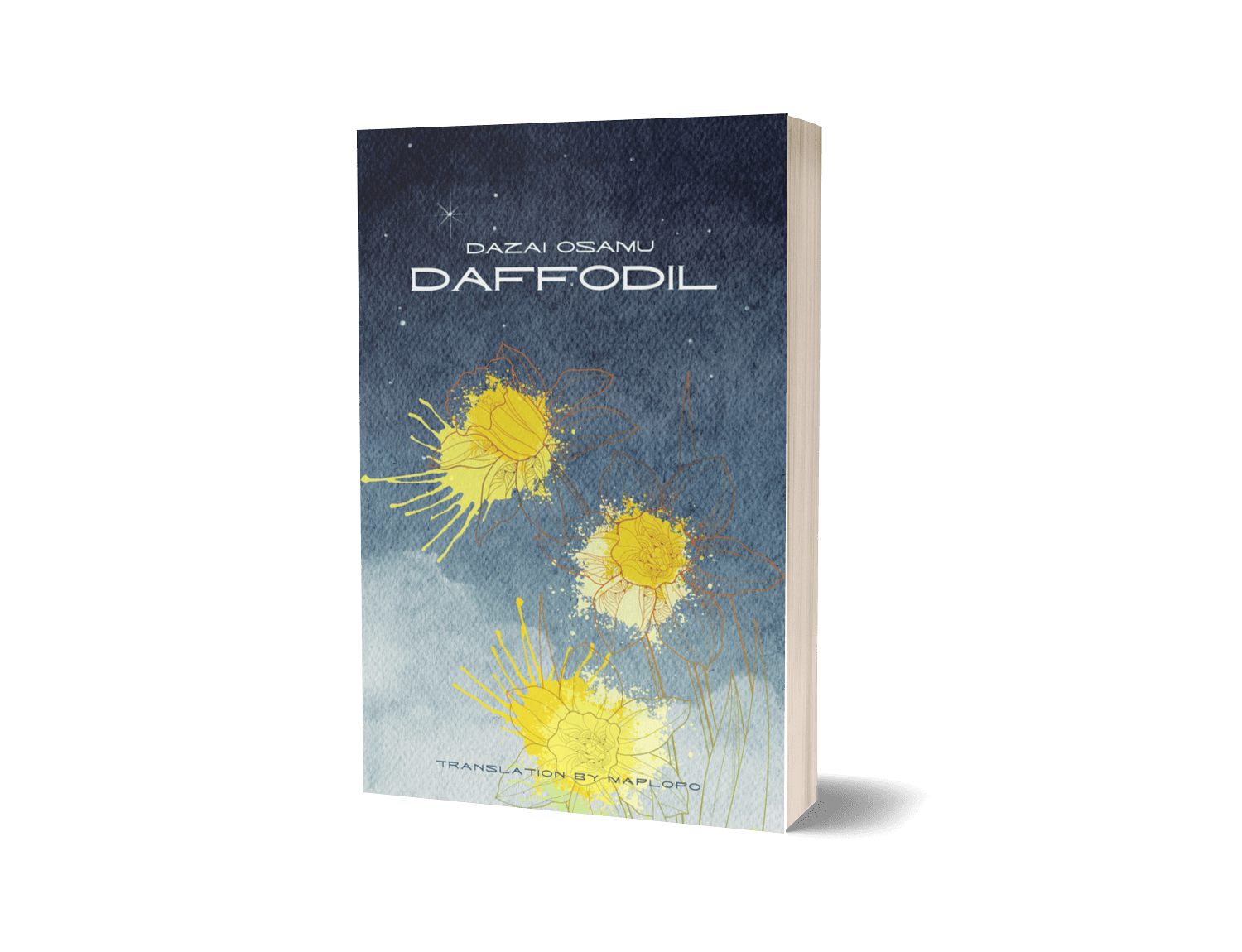Japanese Short Stories
Dazai Osamu
Wish Fulfilled
満願 (1938)
Nakajima Atsushi
Legend of the Master
名人伝 (1942)
Sakaguchi Ango
Wind, Light, and the Twenty-Year-Old Me
風と光と二十の私と(1947)
Natsume Soseki
Botchan
坊っちゃん (1906)

Dazai Osamu
Wish Fulfilled
満願 (1938)
Sakaguchi Ango
Wind, Light, and The Twenty-Year-Old Me
風と光と二十の私と(1947)
Nakajima Atsushi
Legend of the Master
名人伝 (1942)
Natsume Soseki
Botchan
坊っちゃん (1906)

Dazai Osamu
Wish Fulfilled
満願 (1938)
Nakajima Atsushi
Legend of the Master
名人伝 (1942)
Sakaguchi Ango
Wind, Light, and the Twenty-Year-Old Me
風と光と二十の私と(1947)
Natsume Soseki
Botchan
坊っちゃん (1906)
